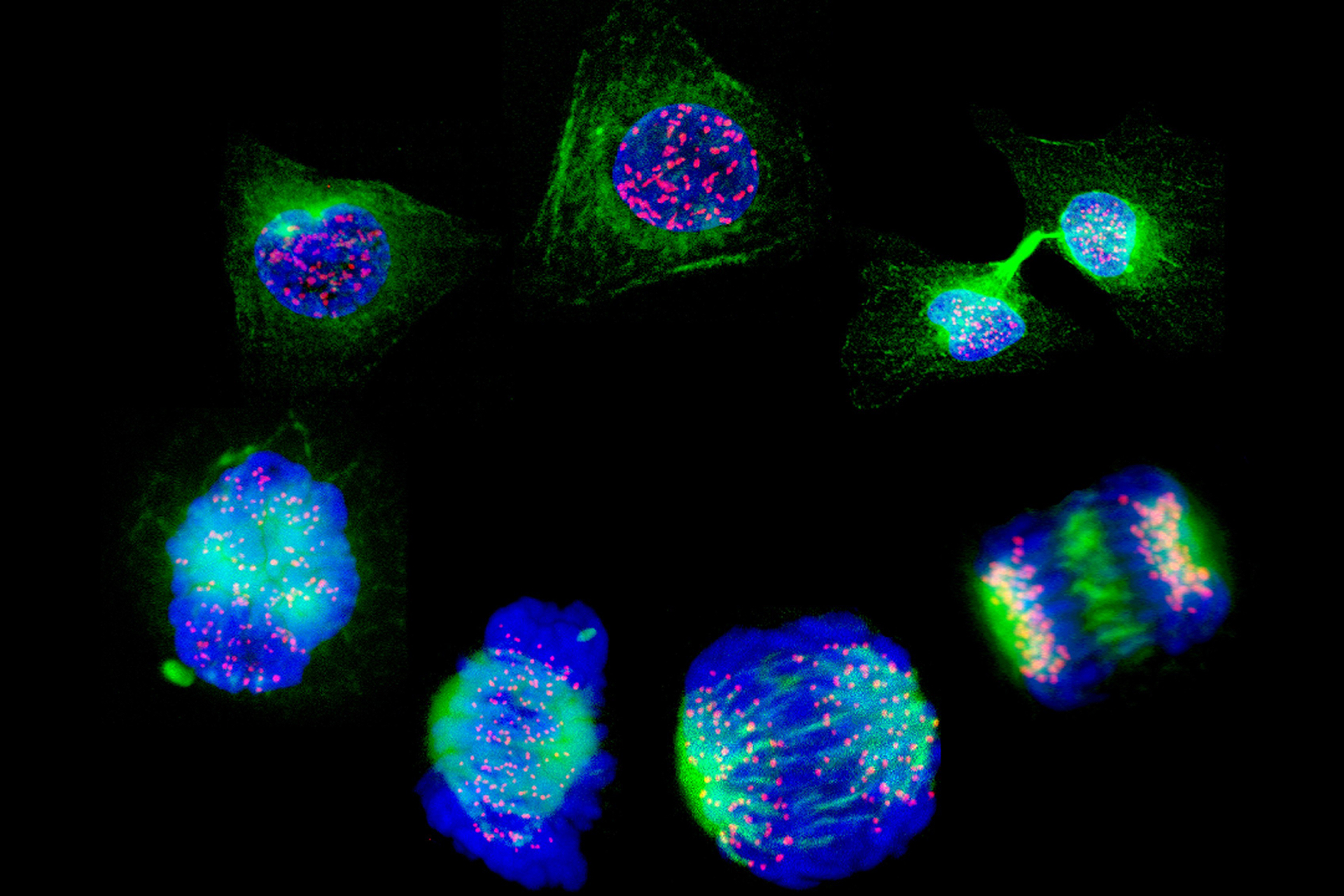Clinical trials suggest a new genome editing treatment for a disorder that causes heart failure is safe and may stop disease progression.
Transthyretin (ATTR) amyloidosis is a disease caused by the misfolding of the transthyretin (TTR) protein, which then builds up in heart cells, causing progressive damage and eventual heart failure.
'This is the first-ever human trial of gene editing in vivo … and our study shows that gene editing in the human body is possible and also safe in the short term,' said Professor Julian Gillmore, who led the trial at University College London's National Amyloidosis Centre. 'These results indicate that [the treatment] may stop disease progression in patients with ATTR amyloid cardiomyopathy or even bring about gradual clinical improvement.'
In the ongoing clinical trial, a single injection of the therapy called NTLA-2001 reduced the levels of circulating TTR protein by more than 90 percent after 28 days and remained low even after four to six months. The reduction of TTR protein levels is associated with clinical improvements.
The treatment uses CRISPR/Cas9 to inactivate the TTR gene in liver cells where the protein is made. This is the first trial in which CRISPR-based genome editing components are infused intravenously to inactivate a target gene in a specific organ (see BioNews 1135). Previous clinical trials, such as one for Hunter syndrome have used other genome editing approaches in vivo (see BioNews 927).
The study involves twelve patients with ATTR amyloid cardiomyopathy and was generally well-tolerated with mild adverse reactions. While not yet published, the results were presented at the recent American Heart Association conference in Chicago.
Dr John Leonard, CEO of Intellia who developed the treatment said: 'We believe a single dose of NTLA-2001 has the potential to halt and potentially reverse this life-threatening disease'.
Sources and References
-
Gene-editing therapy shows promise for preventing heart failure
-
Intellia presents updated interim data from the cardiomyopathy arm of ongoing phase 1 study of NTLA-2001, an investigational CRISPR therapy for the treatment of transthyretin (ATTR) amyloidosis at the American Heart Association Scientific Sessions 2022
-
AHA 2022 presentation slides - First-in-human in vivo CRISPR/Cas9 editing
-
Novel gene editing therapy reduces circulating TTR protein levels in patients with ATTR amyloid cardiomyopathy





Leave a Reply
You must be logged in to post a comment.